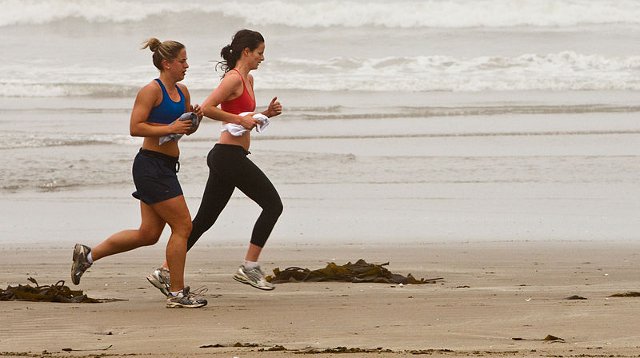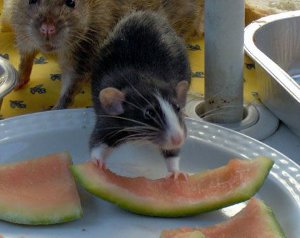
Here in the U.S., we are bombarded with an almost constant barrage of information about the benefits of exercise. And those benefits are real. For example, exercise may help prevent at least 35 chronic unhealthy conditions and premature death.
Despite all of this, something like 90% of us over the age of 12 fail to get as much exercise as we should. This is almost certainly not because we don’t believe in those benefits. Instead, it looks like at least part of the reason may be that some of us are genetically programmed to hate exercise.
The evidence that genes play a big role in people’s interest in exercise comes mostly from twin and family studies. For example, a recent report found that genetics explained 47% of the behavior of people who like to exercise and 31% of the behavior of those who avoid exercise whenever they can. The rest of the reluctance to or enthusiasm for exercise can be chalked up to environmental factors like already being overweight or coming from a family that doesn’t exercise or about a thousand other possibilities.
What makes the obviousness of exercise motivation genes interesting is that if there is a biological link to lack of enthusiasm for exercise, then there is a chance that we might one day be able to tweak things to make exercise enjoyable for everyone. With a gentle prod from these new meds, people who get no thrill from exercise might now be able to love it. The health benefits of such a treatment would be staggering.
The best chance in the short term for finding the biological reason behind why some people like exercise more than others is probably in rats. Studies on rats have shown that not wanting to exercise is a trait that can be passed down generation after generation. And scientists have even started to figure out the differences between the brains of rats that love to exercise and those with better things to do.
